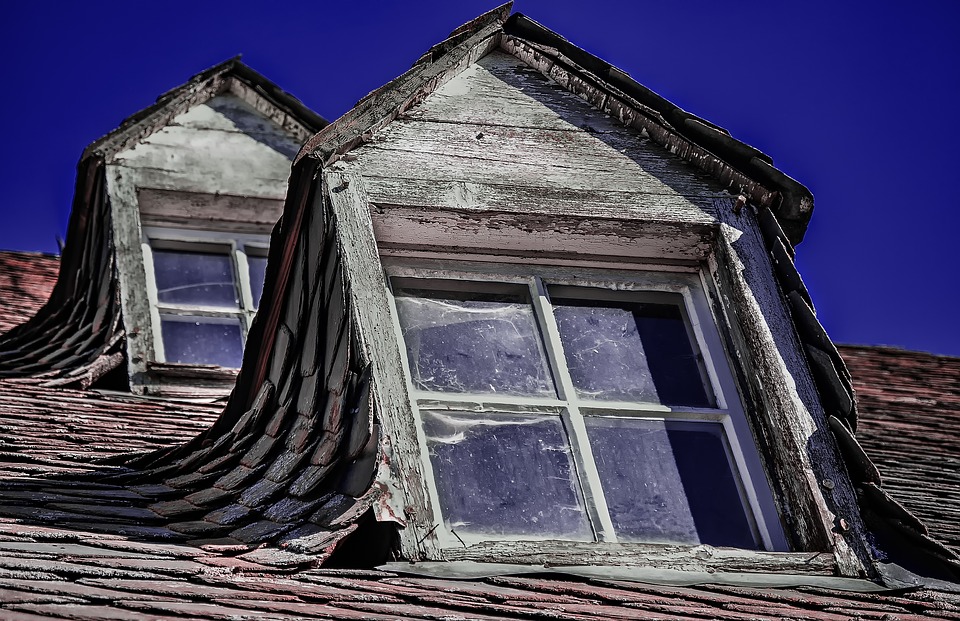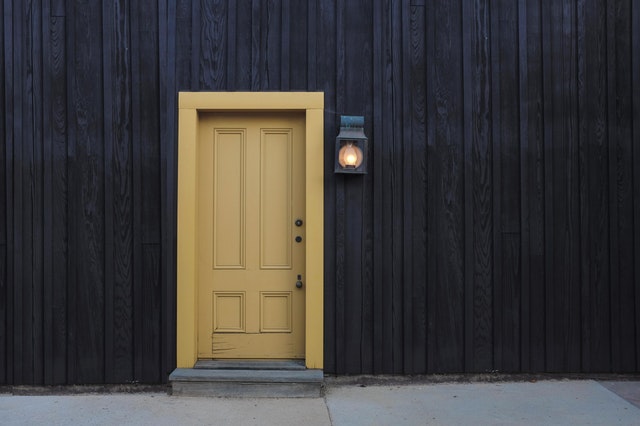Radon – most of us have heard of it but don’t necessarily know what it is. However, much like carbon monoxide and other potential home dangers, it’s important to have radon tests conducted, especially during a home inspection.
- What exactly is radon?
So first things first, what exactly is radon? Radon is a radioactive gas that is a Group A carcinogen – meaning it’s a substance that is known to cause cancer. Radon is caused by a breakdown of uranium in soil and rocks, and can rise up into your home through cracks, holes, and expansion joints in your foundation. The EPA estimates that radon causes thousands of cancer deaths every year in the US – lung cancer poses the greatest risk. Additionally, 1 out of every 15 homes has elevated radon levels above the relatively safe level of 4.0 pCi/L.
- 2. How does the test work?
The test typically takes place over a 2-day period, during which canisters or a machine are placed in the lowest level of your home. After two days, the average radon level is taken. It’s important not to attempt to open windows or doors to influence the test. You should live in your home as usual to get the most accurate test possible. If your home tests above 4.0 pCi/L, you should definitely seek a professional to fix the issues. If your home tests between 2.0 pCi/L and 4.0 pCi/L, you may still want to consider a radon mitigating system in your home.
- So should I get a radon test when buying or selling my home?
Unless the home has already been tested very recently and the test result was below 2.0 pCi/L, you should get a radon test. The tests themselves are not very expensive, typically between $50-150 depending on the type. Even if you have had a test within the last six months that showed acceptable radon levels, these levels can vary seasonally. When selling or buying a home, it’s best to have a current radon test.
- How do I set up a radon test?
Many home inspectors will perform a radon test during the home inspection process. If you have any questions, ask to see your inspector’s qualifications. You can also contact your state health department for a list of qualified inspectors in your area.
If you’re in the Nashville, Hendersonville, or general Middle Tennessee area, let the highly qualified home inspectors at J and J take care of you – you’ll be glad you did.




Leave A Comment